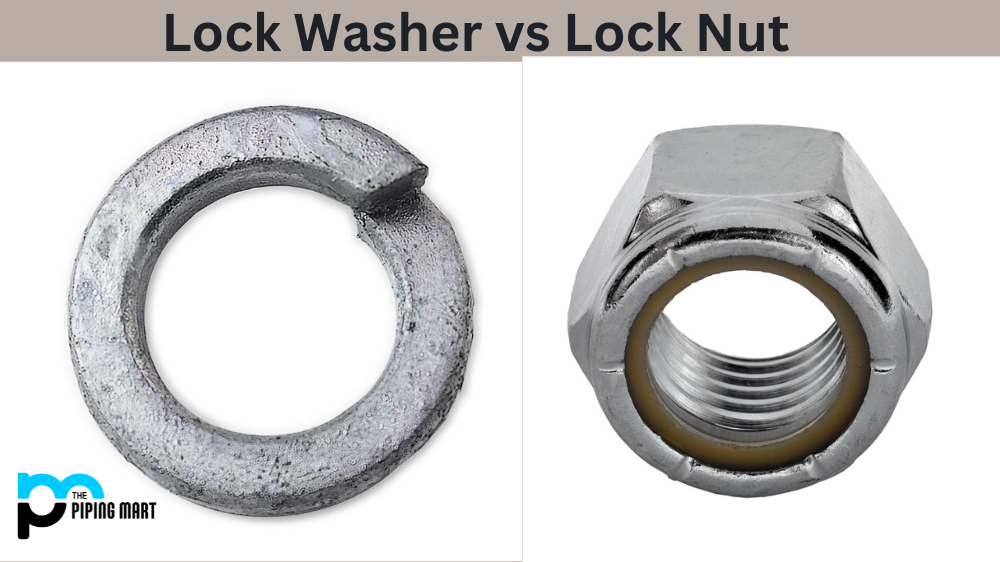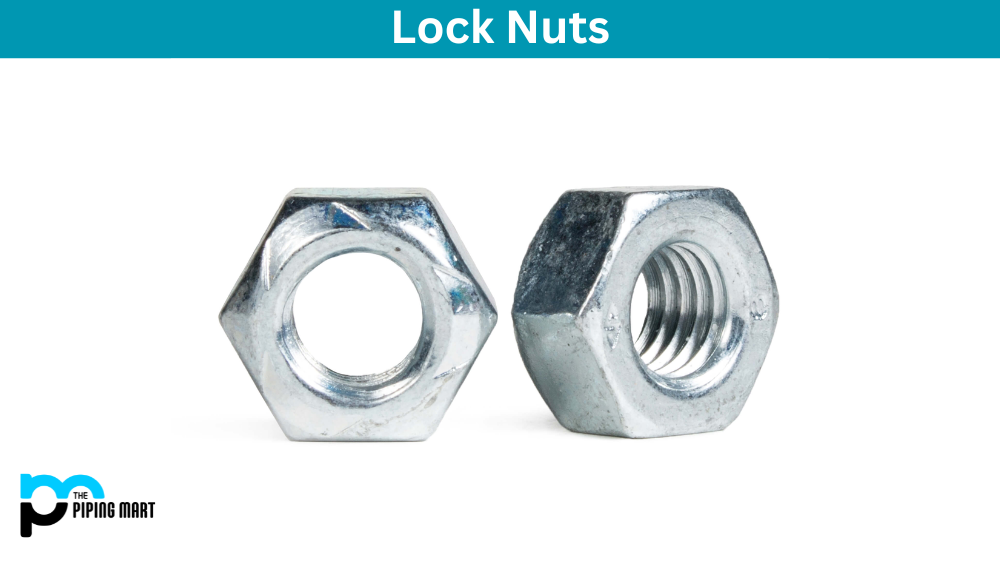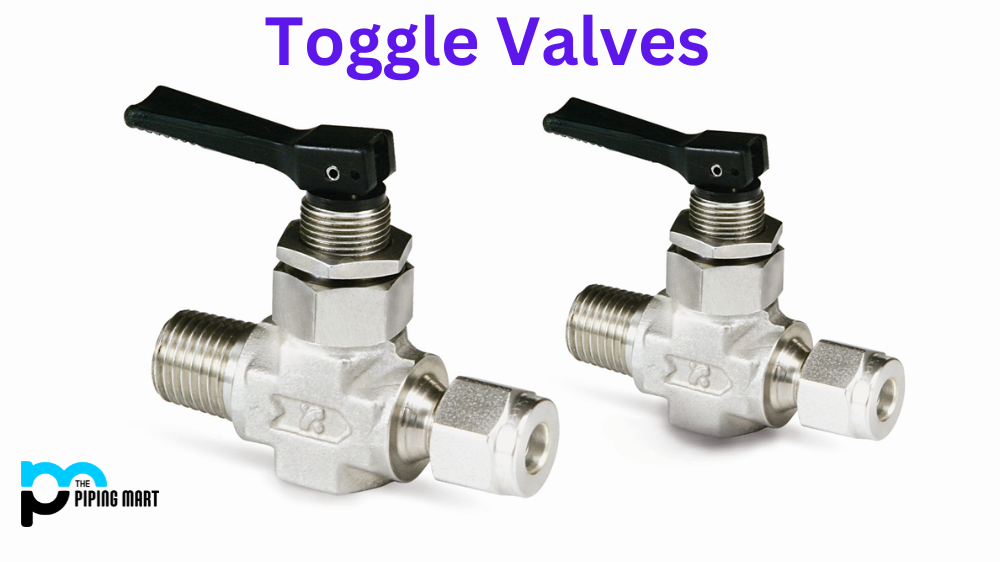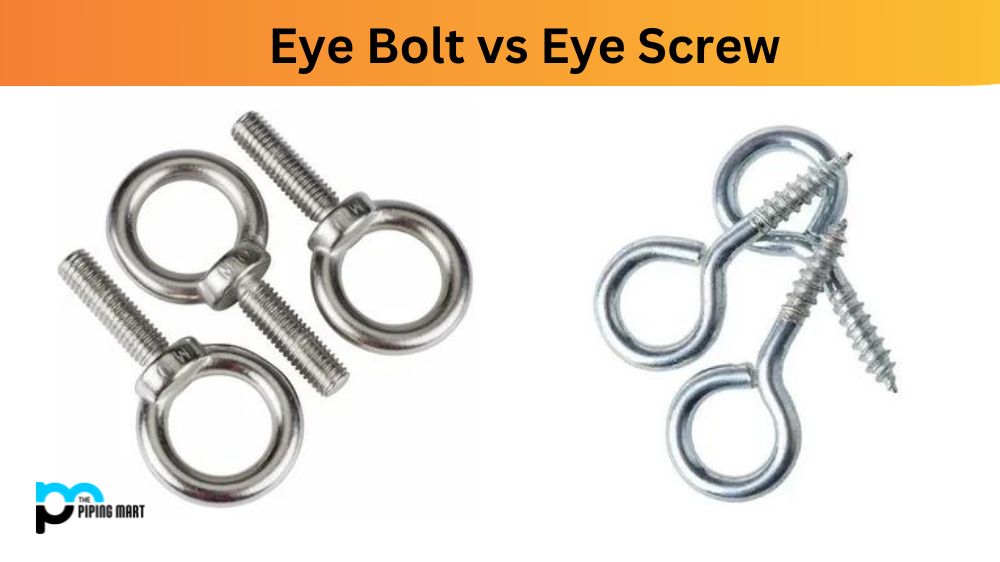If you are a DIYer or working in the mechanical engineering field, you may be familiar with lock washers and lock nuts. Both are essential components of fastening parts together but have very different functions. Understanding these two items’ differences can help you choose the right one for your project. Let’s break it down.
Lock Washer
A lock washer is a metal disc with teeth or notches that grip onto surfaces when tightened. It is designed to create tension between two surfaces to prevent them from falling apart, called “locking” them together. Lock washers are useful for preventing loosening due to vibration and shock and providing an extra layer of stability for bolts, screws, and other threaded fasteners. They come in many shapes and sizes, including internal (toothless) tooth external (toothed), split ring, conical, helical coil, and Belleville washers.
Lock Nut
A lock nut is a type of nut that has internal threading designed to hold itself securely in place without slipping out or loosening over time. It also has an outer threading for attaching to other parts or components via a bolt or screw. The inner threading of the lock nut creates resistance when force is applied in either direction, which helps keep it secure even under extreme pressure or vibrations. There are several lock nuts, including nylon insert nuts, all-metal self-locking nuts, prevailing torque nuts, castle nuts, jam nuts, slotted hex nuts, flange nuts and more.
Difference Between Lock Washer and Lock Nut
- A lock washer is a type of washer that is used to prevent a nut or bolt from coming loose.
- A lock nut is a type of nut that is used to prevent a nut or bolt from coming loose.
- Lock washers are made of steel, while lock nuts are made of nylon.
- Lock washers are placed under the head of a bolt, while lock nuts are placed over the end of a bolt.
- Lock washers work by biting into the surface of the material they are tightened against, while lock nuts work by friction.
- Lock washers are less likely to come loose than lock nuts, but they can damage the surface of the material they are tightened against.
Conclusion:
Understanding the difference between a lock washer and a lock nut can help ensure that your projects are secure and stable. Lock washers provide an extra layer of tension on threaded fasteners. At the same time, locknuts keep themselves securely in place using internal threads that resist movement when force is applied in either direction. Knowing which one to use can save you both time and money!

Abhishek is a seasoned blogger and industry expert, sharing his insights and knowledge on various topics. With his research, Abhishek offers valuable insights and tips for professionals and enthusiasts. Follow him for expert advice on the latest trends and developments in the metal industry.




